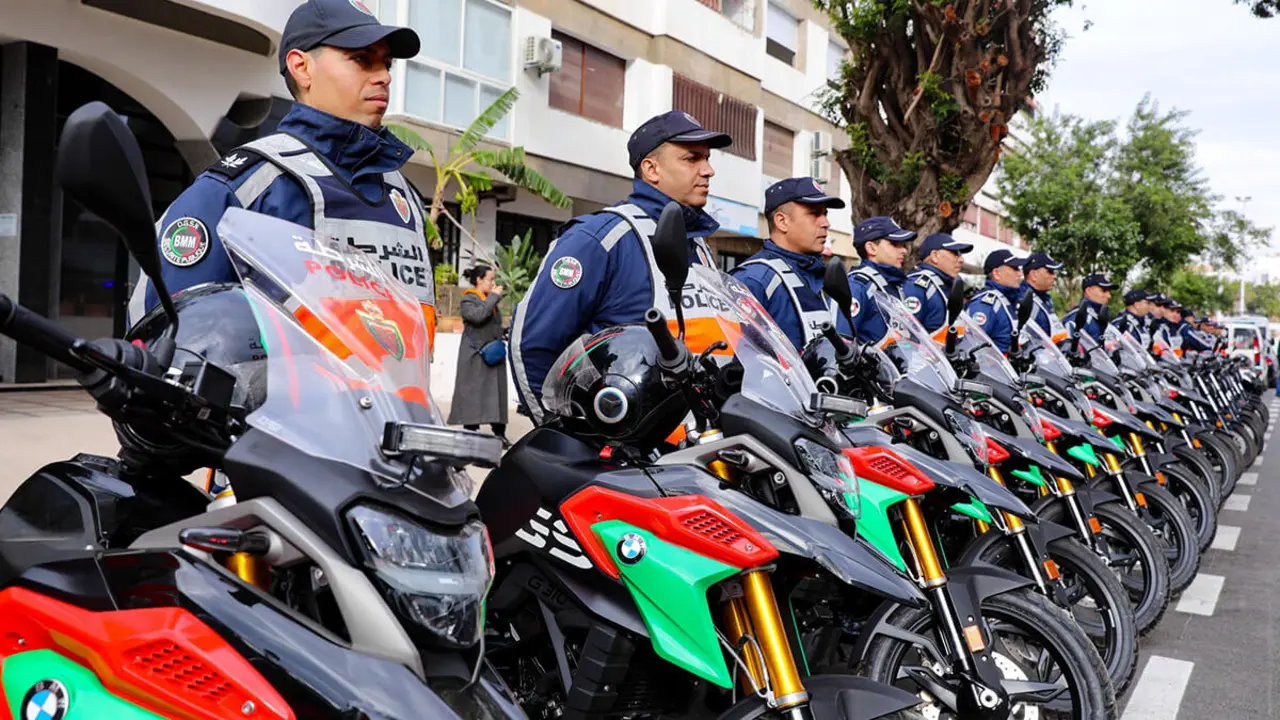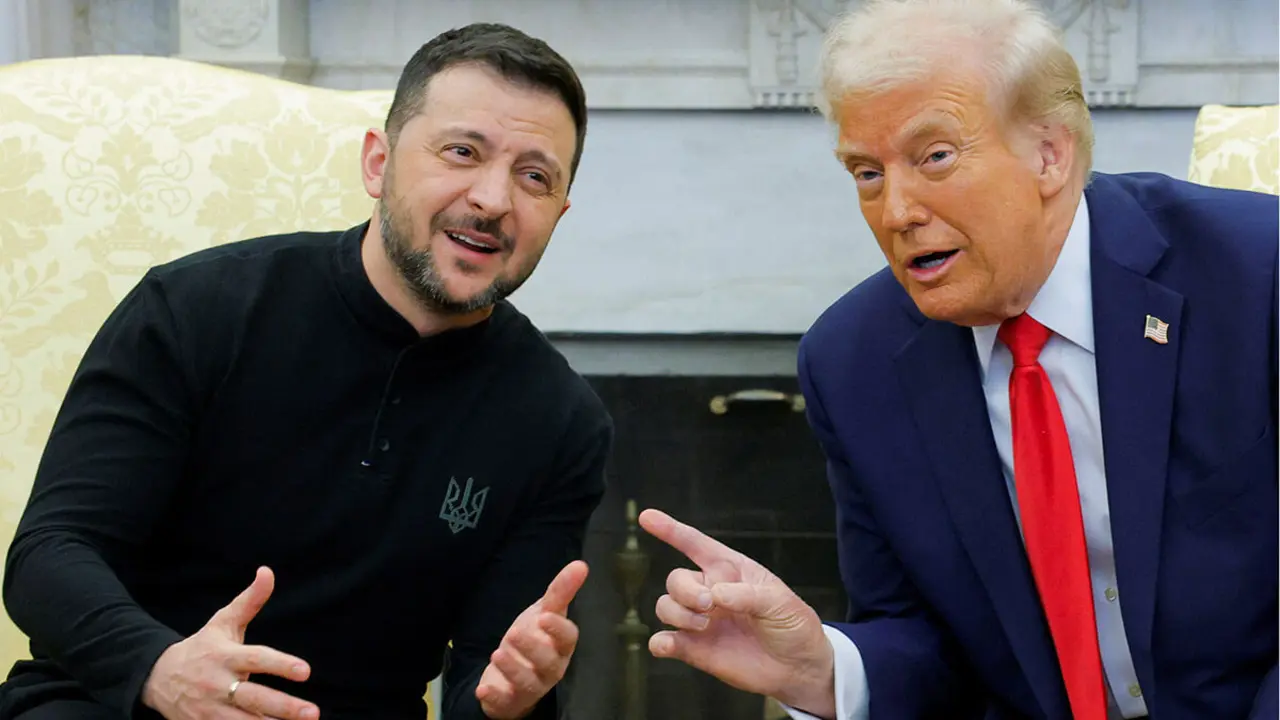Scholz calls on Putin to fully withdraw Russian troops from Ukraine

German Chancellor Olaf Scholz is surrounded on two fronts. Scholz's call with Russian President Vladimir Putin asking for the withdrawal of Russian troops and recognition of Ukrainian sovereignty coincides with criticism of his hesitation to increase arms support for Kiev.
"Given the seriousness of the military situation and the consequences of the war in Ukraine, the chancellor urged the Russian president to find a diplomatic solution as soon as possible, based on a ceasefire, a complete withdrawal of Russian troops and respect for Ukraine's territorial integrity and sovereignty," the German government summed up the phone call between Scholz and Putin.

Among all the topics discussed in the 90-minute conversation, the German chancellor went ahead with Russia's plans for Ukraine. "Any further annexation moves by Russia would not go unanswered and would not be recognised under any circumstances", referring to the Kremlin's plans to hold annexation referendums in the occupied areas of Ukraine. In doing so, the chancellor urged Russia to respect the territorial integrity and sovereignty of the invaded country.
However, these demands have been met with criticism of Germany's restraint in sending arms to Ukraine. Since the Ukrainian counteroffensive began to bear fruit with rapid advances on the battlefield, Ukrainian President Volodymir Zelensky and other Western allies have called for increased arms deliveries. But Germany, the world's fifth largest arms exporter, refuses Ukraine's main demand: the delivery of Leopard battle tanks and Marder infantry fighting vehicles.

The reproaches have not been long in coming. The first was Ukrainian Foreign Minister Dmytro Kuleba. "Disappointing signals from Germany, while Ukraine needs leopards and marders to free people and save them from genocide. Not a single rational argument about why these weapons cannot be supplied, only abstract fears and excuses. What is Berlin afraid of that Kiev isn't?" he wrote on his Twitter account.
Disappointing signals from Germany while Ukraine needs Leopards and Marders now — to liberate people and save them from genocide. Not a single rational argument on why these weapons can not be supplied, only abstract fears and excuses. What is Berlin afraid of that Kyiv is not?
— Dmytro Kuleba (@DmytroKuleba) September 13, 2022
The answer lies in Scholz's repeated argument that he will not send these tanks as long as the rest of the allies do not do so either, because Berlin "does not race alone". This argument is not shared by the rest of the German government, including Marie-Agnes Strack-Zimmermann, chairwoman of the German parliament's defence committee, who criticised Scholz. "When it comes to the question of supplying tanks and heavy weapons to Ukraine, some parties like to point out defensively that we cannot do it alone without our partners. But our partners are giving us the green light to finally go ahead," she said.
The fact is that the new German government's own internal criticisms are adding to those of the opposition, making the stability of the new government shaky. The main opposition party, the Christian Democratic Union, has announced that it will present a parliamentary motion next week if Scholz does not agree to increase arms deliveries to Ukraine.

However, arms deliveries are not the only issue affecting Germany. In the conversation with Putin, the two leaders discussed key issues in the energy crisis, such as the delivery of gas through the Nord Stream 1 pipeline. According to Moscow, "Russia has been and remains a reliable supplier of energy resources", arguing that the gas cut-off is simply due to Western sanctions that interfere with its maintenance.
These statements suggest that the gas cuts will continue, and that the European Union and above all Germany, which is highly dependent on Russian gas, will have to look for energy alternatives. The European Commission itself asked the member states of the EU-27 to prepare in advance to completely stop Russian gas supplies. Germany was already starting its first energy measures this summer, although it will have to plan further policies to deal with the energy crisis.

Finally, Scholz and Putin also discussed the situation at the Zaporiyia nuclear power plant, which the German chancellor urged to implement the measures proposed by the International Atomic Energy Agency (IAEA). Scholz's demands were also noted with regard to the Ukrainian grain exit agreement between Russia and Ukraine, sponsored by Turkey and the UN. According to the German government statement, Scholz 'appealed to the Russian president not to discredit this agreement and to continue to implement it in its entirety'. The chancellor also called on Putin to ensure that Ukrainian prisoners of war are treated in accordance with the Geneva Convention.








